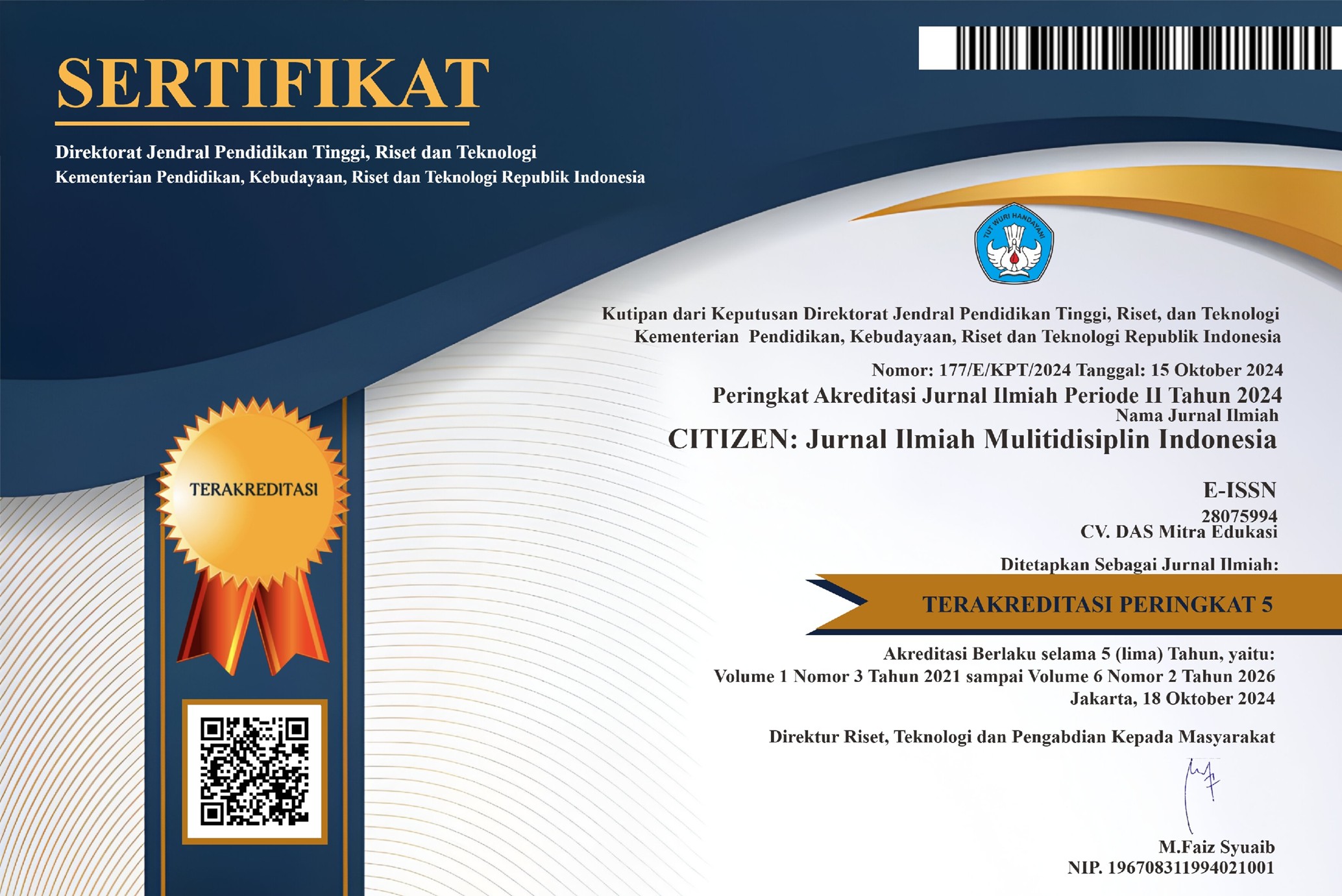HOW GOVERNMENT PUBLIC RELATIONS SHOULD EXECUTE SOCIAL ENGINEERING: A LITERATURE REVIEW ABOUT HOW INDONESIA GOVERNMENT’S PUBLIC RELATIONS EXECUTE SOCIAL ENGINEERING ON MULTI PERSPECTIVE
DOI:
https://doi.org/10.53866/jimi.v3i3.360Keywords:
Government, Public Relations, Social Engineering, Pandemic, social mediaAbstract
This study aims to describe how the Public Relations of the Indonesian government carries out social engineering in dealing with the COVID-19 pandemic crisis from various perspectives, including the perspectives of government, society, and academics. In facing this crisis as a global issue, the government needs to be transparent and use various types of internet-based media to increase public trust and the effectiveness of crisis management. The government must also overcome the digital divide which is one of the main problems in spreading the social engineering agenda to the public. This study will use a literature review to describe how the Indonesian government's Public Relations carried out their main task in dealing with this crisis as well as the expectations and views of the government and society regarding the social engineering that was carried out. With data from various perspectives, the author hopes to provide broad insights to readers through this paper.
References
Alila Pramiyanti, Ira Dwi Mayangsari, Reni Nuraeni & Yasinta Darin Firdaus (2020). “Public Perception on Transparency and Trust in Government Information Released During the COVID-19 Pandemic“. Asian Journal for Public Opinion Research - ISSN 2288-6168 (Online).
El Allaoui, Mourad. (2019). “Social Engineering and Media Manipulation”. 10.13140/RG.2.2.30200.06401.
Marie Isabelle Munninger & Wafa Hammedi & Dominik Mahr, 2019. “The value of social media for innovation: A capability perspective" https://ideas.repec.org/a/eee/jbrese/v95y2019icp116-127.html. “Journal of Business Research, Elsevier, vol. 95(C), pages 116-127.
Kiara Taylor (2022). “Digital Divide”. (online) https://www.investopedia.com/the-digital-divide-5116352 accessed on May 18, 2022.
Salahudin, Achmad Normandy, Tri Sulistyaningsih, Muhammad Lutfi, &Iradhad Taqwa Sihidi (2020). “Analysis of Government Official Twitters During Covid-19 Crisis in Indonesia”. Talent Development & Excellence Vol. 12, No. 1, 2020, 3899 - 3915.
Sayem, M. A., Aprianto, N. E. K., & Dahlan, A. (2023). Perspectives on the Islamic Welfare State: The Goals of Economic Development Justice. el-Jizya: Jurnal Ekonomi Islam, 11(1), 103-120.
Sri Haryanti & Effy Zalfiana Rusfian (2018). “Government Public Relations and Social Media: Bridging the Digital Divide on People with Social Welfare Problems“. JKAP (Jurnal Kebijakan dan Administrasi Publik) Vol.22 (2), November 2018, 128-145 ISSN 0852-9213 (Print), ISSN 2477-4693 (Online) https://journal.ugm.ac.id/jkap
Downloads
Published
How to Cite
Issue
Section
License
Copyright (c) 2023 Ayu Sulistya Putri Sugeng, Devi Jufri , Anastasia Ade Febriany Mondigir

This work is licensed under a Creative Commons Attribution-ShareAlike 4.0 International License.




















